I was scared that I would die. At this point in time, I felt that I hadn’t really achieved much. I wanted to do so much more. I was worried about the people I would leave behind, particularly my parents. The death of our dear family friend, who was a similar age to me, was fresh in our minds.
Continuing to live in a share house was no longer an option so I had to move out. My generous grandmother offered her beach house to us; this is where Mum and I lived for the duration of my treatment. My folks live in a country town about five hours from Sydney. Mum literally dropped everything and put her life on hold to save mine.
For health reasons and practical reasons, I chose to stop working. From the beach house, work (where I was now a patient) was a 1.5 hour commute on a good day. Luckily, I was covered by leave entitlements for most of the time I had off.
Every three weeks, I went to hospital as an outpatient to get the CHOP (cyclophosphamide, doxorubicin, vincristine, prednisone). A few hours later I would be vomiting vigorously, which on one occasion necessitated a mercy dash to the emergency department. My hair starting falling out a couple of weeks after the first cycle. Whilst I didn’t feel the loss keenly, it did make me feel somewhat vulnerable and took my self-esteem down a notch or two. Fatigue was a major issue as well. I probably slept for about 12 hours a day, including ‘power naps’.
One day during my cancer treatment, while I was lying in bed feeling sick and sorry for myself, it suddenly came to me that my purpose in life, my calling, was to be a cancer nurse. In 2015, I completed a post graduate certificate in cancer and haematology nursing. I now work as an oncology nurse, volunteer with the Leukaemia Foundation as a ‘Blood Buddy’, and am occasionally called upon to offer support to friends of friends which I love doing.
After finishing treatment I lived at home with my parents for a few years in the Central West NSW where I grew up, to begin rebuilding my life. The loss of independence was definitely one of the most challenging impacts cancer has had and getting it back took longer than I expected. I finally moved out of home (again) in July 2017 after getting my dream job at a cancer centre in Sydney.
One assessment I did for my post-graduate course was an essay about caring for a vulnerable population in the context of cancer; I chose to focus on adolescents and young adults. This assessment, along with my own experience with cancer, inspired me to create a guide filled with the information I have discovered and used along my cancer journey.
I want to share this guide with other people – both researchers, clinicians and young people going through the cancer experience. In my series of blogs, I will be posting a different topic each week!
While you’re reading these posts, please bear in mind the suggestions I have made are only suggestions and based on my personal experience. My blogs do not imply any endorsement, non-endorsement, support or commercial gain by the Behavioural Sciences Unit or by the Kids Cancer Centre, Sydney Children’s Hospital. I, and some other young people I know have found them helpful, but you may not. I hope that you do find something here beneficial, and that reading my story has made you feel like you are not alone in this battle.
As of 2017, I have been in remission for three years.
You can read more about my story here:
http://www.cancer.org.au/about-cancer/share-your-cancer-story/nell-hanbury.html
http://www.leukaemia.org.au/news/nell-hanbury-triumphs-and-gives-back-as-a-blood-buddy
The Behavioural Sciences Unit is Proudly Supported by the Kids with Cancer Foundation.
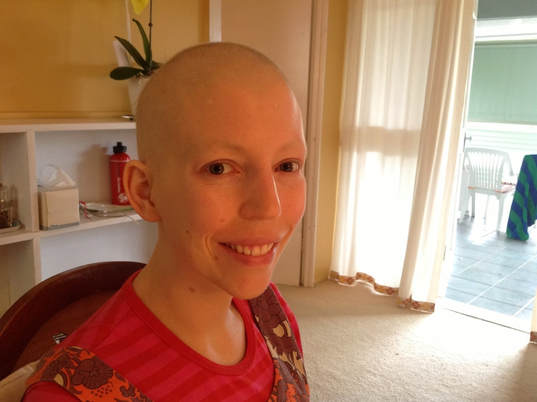
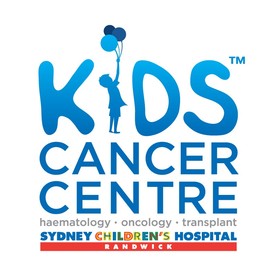
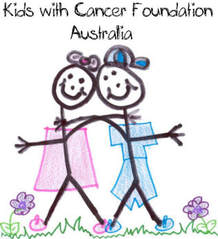
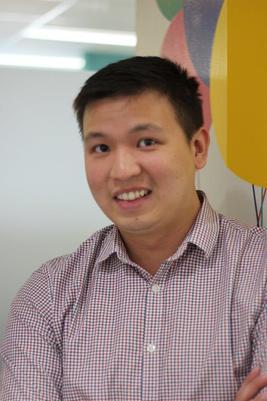
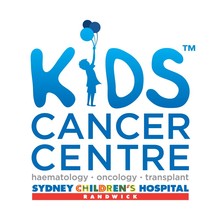
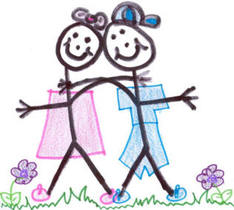
 RSS Feed
RSS Feed